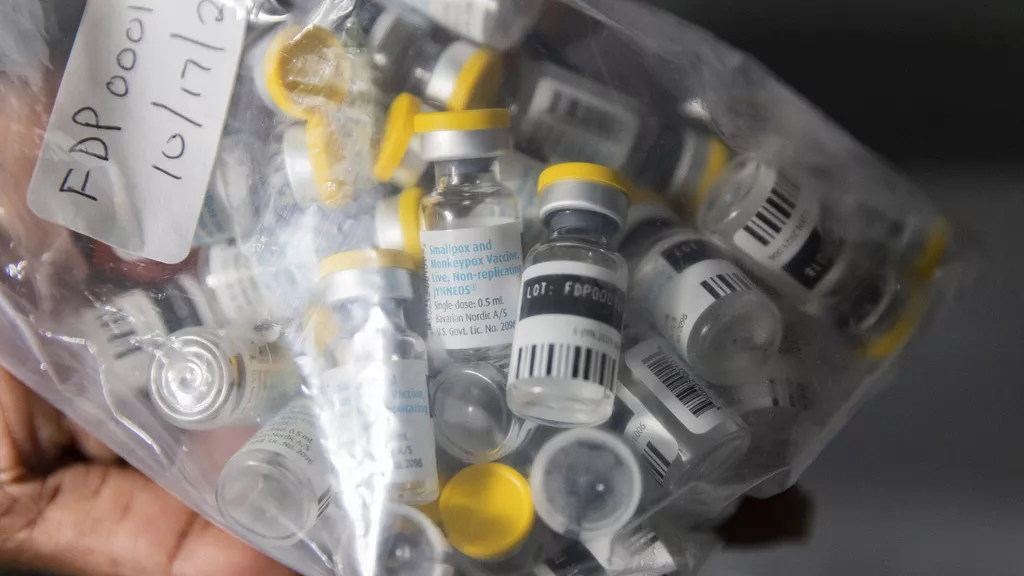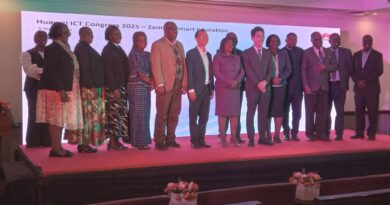Mpox Vaccines Delayed as Outbreak Spreads in Congo
Vaccines to combat the Mpox outbreak in the Democratic Republic of Congo (DRC) and neighboring countries may face significant delays. The World Health Organization (WHO) is contemplating declaring the outbreak an emergency after the Africa Centres for Disease Control and Prevention (Africa CDC) did so on August 13, 2024.
A WHO panel convened the following day to evaluate the global threat posed by the outbreak. Despite these efforts, challenges such as limited vaccine supplies, funding shortages, and ongoing outbreaks continue to hinder progress.
Jean-Jacques Muyembe-Tamfum, head of Congo’s Institute National pour la Recherche Biomedicale (INRB), highlighted the urgent need for an emergency declaration to secure more funding and improve vaccine access.
However, he acknowledged the difficulties faced by Congo, which is already grappling with conflict and other health crises.
The Africa CDC has secured $10.4 million in emergency funding from the African Union and aims to obtain 3 million vaccine doses this year. However, only 65,000 doses are expected to arrive in Congo soon, with vaccination campaigns unlikely to start before October.
This year, Africa has reported over 15,000 suspected Mpox cases and 461 deaths, predominantly among children in Congo. The virus, while generally mild, can cause severe flu-like symptoms and pus-filled lesions.
A new variant of Mpox has caused outbreaks in eastern Congo’s refugee camps and spread to Uganda, Burundi, Rwanda, and Kenya for the first time. Ivory Coast and South Africa are also experiencing outbreaks linked to a different strain.
During the 2022 global outbreak, two vaccines—Bavarian Nordic’s Jynneos and LC16 by KM Biologics—were used. Neither has been available in Congo or Africa, where Mpox has long been endemic. LC16 is the only vaccine approved for use in children.
Despite approval by Congo’s regulators in June, the government has yet to request vaccines from manufacturers or donors like the United States through Gavi.
Additional source: Other News Agencies



